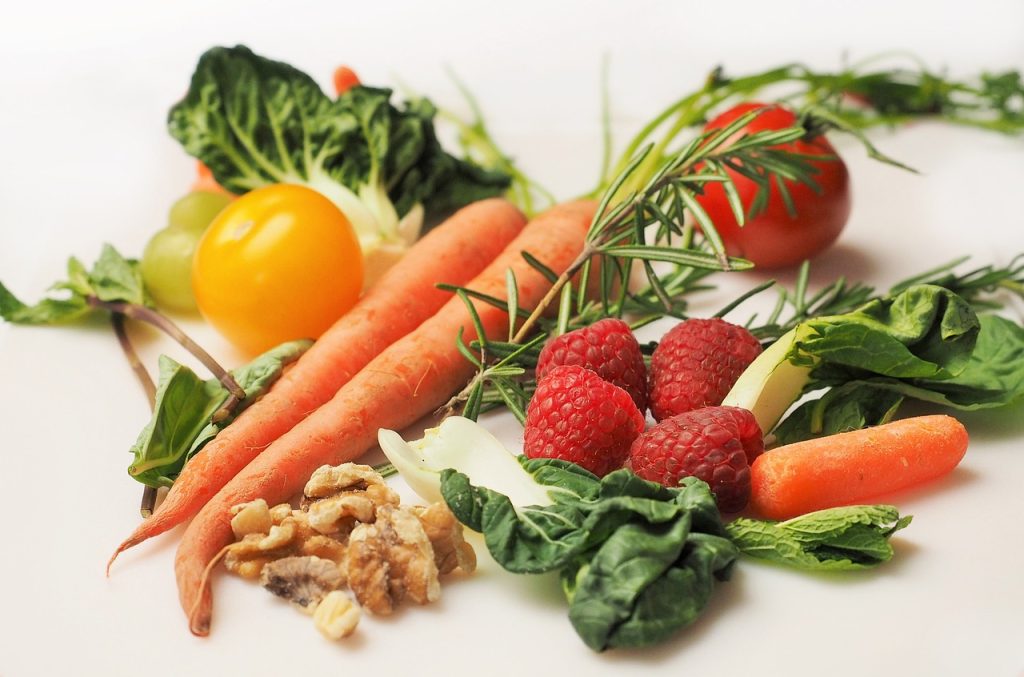Refrigeration is a common method used to extend the shelf life of food and prevent the growth of harmful bacteria. But how does it affect the nutrients in food? Let’s take a look at the impact of refrigeration on food and its nutrient content.
How does refrigeration affect food?
Refrigeration slows down the process of spoilage and degradation of food. This means that food stored in the refrigerator will stay fresher for longer and will have a longer shelf life. However, the process of refrigeration can also impact the nutrient content of the food.
Some nutrients, such as Vitamin C, are sensitive to temperature and light and can be easily degraded. Other nutrients, such as Vitamin B12, are relatively stable and are not significantly impacted by refrigeration. It is important to understand the stability of different nutrients in order to properly store and preserve the nutrients in food.
Is it OK to eat cold food from the fridge?
Yes, it is perfectly fine to eat cold food from the fridge as long as it has been stored properly. In fact, some nutrients, such as Vitamin C, are better preserved in cold temperatures. Additionally, many foods, such as fruits and vegetables, are often consumed raw and are therefore naturally cold.
At what temperature are nutrients destroyed?
While refrigeration slows down the degradation of nutrients, it is possible for nutrients to be destroyed if the food is stored at excessively low temperatures for extended periods of time. The ideal temperature for refrigeration is between 32°F and 40°F. Storing food at temperatures lower than 32°F for extended periods of time can result in the destruction of some nutrients.
Additionally, fluctuating temperatures can also impact the stability of nutrients. For example, if food is stored at a high temperature for a short period of time and then quickly cooled to a low temperature, it can result in the destruction of some nutrients. It is important to maintain a consistent temperature in the refrigerator in order to preserve the maximum amount of nutrients in food.
Is it OK to eat leftover food cold?
Yes, it is okay to eat leftover food cold as long as it has been stored properly in the refrigerator. However, it is best to consume leftover food within 2-3 days to ensure that it is still fresh and safe to eat. Reheating leftover food can help to preserve the nutrients, but it is important to avoid overheating the food as this can also result in the destruction of some nutrients.
Impact of packaging on nutrient content
In addition to the impact of temperature on nutrient content, the packaging of food can also have a significant impact. Some packaging materials, such as plastic, can contain chemicals that can leach into the food and impact the nutrient content. Additionally, some packaging materials, such as metal cans, can react with the food and result in the loss of nutrients.
It is important to consider the type of packaging when storing and preserving food in order to minimize the impact on the nutrient content. Glass containers and airtight plastic containers are both good options for storing food in the refrigerator.
Impact of cooking on nutrient content
The cooking process can also have a significant impact on the nutrient content of food. Some nutrients, such as Vitamin C, are sensitive to heat and can be easily degraded during cooking. Other nutrients, such as Vitamin B12, are relatively stable and are not significantly impacted by cooking. It is important to consider the method of cooking in order to preserve the maximum amount of nutrients in food. Steaming, microwaving, and stir-frying are all methods that can

